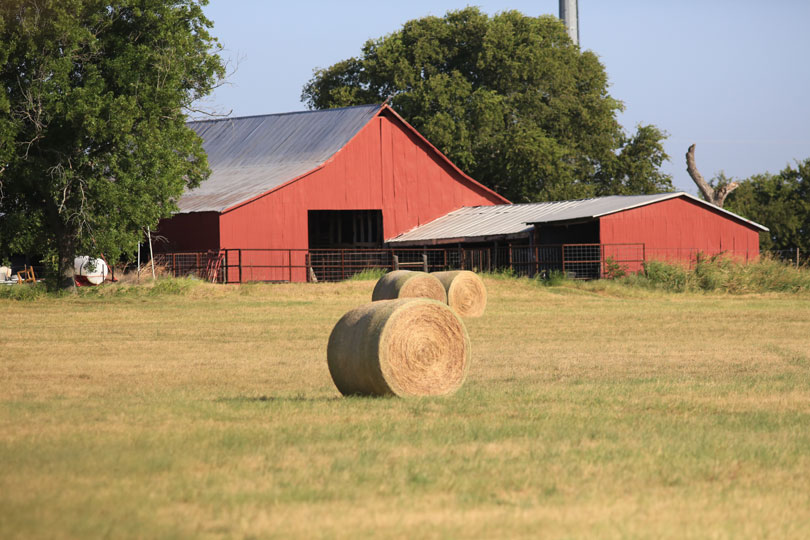By Jennifer Whitlock
Field Editor
The latest round of negotiations for the FY22 Reconciliation Spending Package includes proposed tax increases that could negatively affect many family farms and ranches.
While Democratic proponents of the $3.5 billion spending bill have backed away from eliminating the step up in basis of assets upon inheritance and the 1031 like-kind exchange tax law, farmers and ranchers are still concerned.
In a letter sent to congressional leadership in early September, American Farm Bureau Federation (AFBF) President Zippy Duvall said many of the proposals could set back American agriculture for generations to come.
“Despite all claims to the contrary, these tax increases will have a disproportionate impact on American family farms, stifle economic growth and rural prosperity and could lead to further consolidation across the agricultural sector, putting multi-generational family farms in jeopardy,” Duvall wrote.
More than 275 other organizations representing family-owned agribusinesses joined AFBF in sending another letter to Congress stating their concerns.
There are more than four times as many farmers and ranchers 65 years of age and older as there are under the age of 35. And those individuals own more than 40% of agricultural land in the U.S., according to the ag groups.
With more than 370 million acres expected to be passed down or change hands in the next 20 years, any changes to estate tax code provisions could drastically affect those families’ continued legacies.
Under the leadership of Texas Congressman Kevin Brady, the Tax Cuts and Jobs Act (TCJA) of 2017 doubled the estate tax exemption from $11 million per married couple to $22 million. The provision is set to expire on Dec. 31, 2025.
But when the House Committee on Ways and Means submitted its markups to the House Budget Committee in mid-September, it asked to end the TCJA estate tax exclusion on Dec. 31 of this year. If passed, estate tax exclusions will roll back to $5 million per person or $10 million per couple, indexed.
“While the death tax should never have come into existence, we were pleased many farms and ranches were spared by doubling the exemption rate in 2017. The hope was, by 2025, we would be able to pass legislation to make that higher estate tax exclusion permanent or scrap the tax altogether,” Texas Farm Bureau (TFB) National Legislative Director Laramie Adams said. “But the current administration and some congressional leaders want to cut the exemption rate early. We, as an organization, cannot allow for the exclusions to go away at the end of this year. It will be disastrous for many of our members.”
The past few years have not been kind to agriculture, with lower commodity prices, trade wars, multiple natural disasters and supply chain disruptions from the COVID-19 pandemic creating a challenging business environment.
“Any changes to the tax code that create additional financial burden on those operating or hoping to inherit family operations could well be the proverbial final nail in the coffin,” Adams said. “These are all very important tools used by many of our members. If Congress wants to saddle farmers and ranchers with more taxes right now, when they’re already having a difficult time coming out of the pandemic, it’s going to put them out of business. It’s important our members stay very vocal about how those changes will affect them.”
TFB has facilitated more than 60 congressional farm visits and discussions so legislators can get a “boots on the ground” view of how these proposals could harm family operations, he added. TFB also led a letter with many agricultural, business and energy organizations and chambers of commerce to U.S House and Senate leadership to highlight issues with the tax proposals.
“Although this package has some support, nothing is set in stone yet. We have to keep fighting and keep engaging with our lawmakers to help them understand why these changes will kill family farms and ranches,” Adams said.


They fail to understand that the farmers and rancher will be forced to sell to pay taxes. Then they will let foreign governments buy it. They in turn will farm it and we lose our food supply.